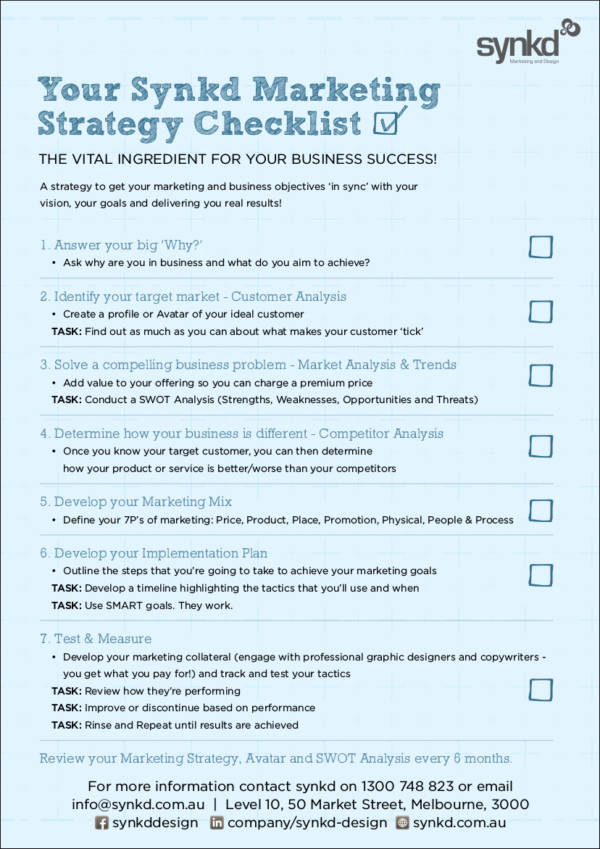1. Getting Started With Keyword Marketing: What Is It And How Can It Help Your Business?
Keyword marketing is a digital marketing strategy that focuses on increasing the visibility of your website among potential customers through the use of relevant keywords. By targeting specific words related to your business offering, you can increase your site’s visibility in search engine results, resulting in higher amounts of organic web traffic.
The goal of keyword marketing is to rank higher in search engine results for terms related to both your industry and product offering so that when users search for these terms, your website appears on the first page of search engine results. This will result in more people being exposed to your website, leading to more opportunities for sales and engagement from potential customers.
An effective keyword marketing strategy relies on careful selection and analysis of keywords. It’s important to select keywords that have high search volume and organizational relevance. This means selecting key phrases that not only represent products or services related to your industry, but also convey the types of customers you are looking to attract. For example, if you are selling a fitness product, you might want to target keywords such as “fitness gear” or “buy fitness equipment” – both of which have relatively high search volume and convey a level of interest in fitness products among the users searching them.
Once you have identified the relevant keywords for your business, it’s important to track these keywords and measure their performance over time. This will enable you to optimize your keyword targeting strategies by highlighting areas where changes need to be made or by finding new strategies that work better than existing strategies. This is always important as it will allow you to create the best possible keyword marketing campaign for the highest level of success, maximizing the organic traffic coming from organic searches.
In summary, keyword marketing is an essential part of digital marketing strategies, enabling businesses to become more visible in organic search results by targeting and tracking related search terms. By taking the time to research and analyse relevant terms as well as track their performance over time, businesses can create highly effective keyword campaigns resulting in increased visibility and engagement from potential customers.
2. What Are the Benefits of a Well-Planned Keyword Marketing Strategy?
Keyword marketing is the practice of strategically choosing and deploying relevant keywords to improve search engine rankings, bring more traffic to your website, and increase the visibility of your online presence. A well planned keyword marketing strategy can have several advantages for your business including improved search engine optimization (SEO), increased sales and ROI, increased brand recognition and awareness, and long term customer loyalty.
The most important step in developing a keyword marketing strategy is research. Identifying the most relevant words used to search for a particular product or service can help you create content with an SEO friendly keyword density. This helps to ensure that when an individual searches using those keywords, the search engine ranks you highly making it easier for potential customers to find you. Increasingly, this research is being done using artificial intelligence-based platforms such as Google Ads to help businesses identify relevant keywords and optimize their webpages.
By targeting specific keywords, businesses are able to focus on segments of their market that are more likely to engage with their products and services. Targeting these key phrases also builds brand recognition, helping customers associate your company with a particular niche that they are interested in. Adwords campaigns build customer loyalty in the long run by ensuring your brand stays consistently visible in online searches for those keywords or phrases.
Lastly, a keyword-focused SEO strategy can help improve your ROI. Search engine optimized pages containing relevant keywords will result in higher rankings which can lead to increased website traffic and possibly more customers. By investing time and money into a well-planned keyword marketing strategy, businesses can achieve greater lifetime returns from their digital efforts.
3. How to Perform Keyword Research and Create a Comprehensive Strategy
Keyword research is an essential step in any comprehensive SEO strategy. It allows you to determine what words and phrases are used in connection with your products, services, and industry. This knowledge can be extremely helpful when creating website content, as it can inform the topic of each page or blog post, as well as tags and titles used to index the content on search engines. Keyword research can also help you identify how competitive certain topics may be in organic SEO, as well as which keywords you may want to target with paid campaigns.
There are two important steps that must take place in order to create an effective keyword strategy. The first step is to brainstorm a list of keywords and phrases that are related to your business. This involves compiling terms that would be used by your target audience when searching for your products or services. To do this, you can consider competitor websites and related forums to identify what keywords people are using to search for similar topics. Additionally, there are online tools such as Google Keywords Planner and Moz Keyword Explorer that can be useful in brainstorming keyword ideas.
Once you have compiled a list of potential terms that you begin your keyword research with, the next step is to analyze their search volume and competition. The tools mentioned earlier can help you gauge the level of competition between keywords and assess the volume of searches performed for those terms. These metrics will provide useful insights into which keywords have the potential to give you the greatest return on investment (ROI) when taking into account cost-per-click rates, keyword difficulty scores, and average positions of top 10 ranked pages.
Once you have identified which keywords have high search volume and/or low competition, you should begin to build out your keyword strategy by creating pages targeting each term or phrase and optimizing them accordingly. You should also conduct regular keyword research and analysis to ensure that your website remains relevant, which is necessary if you want to sustain and increase traffic to your site over time.
By having a thorough keyword research process in place, you will be able to create a comprehensive SEO strategy that is tailored to your target audience’s needs and will generate greater visibility for your business online.
4. 5 Steps to an Effective Keyword Marketing Plan
1. Identify & Research Keywords: The first step in any effective keyword marketing plan is to identify and research keywords related to your business and target audience. To effectively select keywords, you should analyze relevant search queries and understand the competition for specific keywords. Depending on your industry and business, the nature of the keywords you may want to target could vary significantly. You should conduct keyword research using an effective tool, such as Google Adwords Keyword Planner, which can provide insights on various criteria such as search volume trends, cost-per-click values, and competition information.
2. Define Objectives: Once you have a clear understanding of the target keywords you intend to use, it’s important to define and align your objectives with your campaign goals. Your objectives will help shape your keyword marketing plan, and enable you to track your progress each step of the way. As a starting point, ask yourself: what is it that I want my business to achieve?
3. Create Campaign & Ad Groups: After defining your objectives and identifying relevant keyword, you should create related campaigns and ad groups within them. For example, if you’re targeting multiple product categories, such as jackets and shoes, you may want to create campaigns for each product category. Within each campaign, you can break down categorized keywords into smaller ad groups. This will allow for more effective targeting and optimization of individual ad sets within specific ad groups.
4. Adjust your Bids & Budgets: Next, you’ll want to adjust your bids and budgets accordingly for each keyword or ad group in order to maximize the effectiveness of your campaign. It’s important to note that setting the right bids and budgets isn’t a one-time process; you’ll need to monitor your bids regularly and make adjustments when needed so that you’re always within budget and have the best chance of achieving your campaign goals.
5. Monitor & Optimize: The last step in an effective keyword marketing plan is monitoring and optimizing performance. You should make sure to review data on a regular basis such as CTR (click-through-rate), CPC (cost-per-click) conversions, etc., in order to assess the overall success of a campaign. Additionally keeping an eye out for any changes in search trends or phenomena related to your keywords will help ensure that your plan is well optimized for the best results possible. Ultimately, the goal is to deliver maximum efficiency with every dollar spent; with consistent optimization, you’ll see improvements in performance over time.Image sources:https://www.iamrobert.com/blog/seo-keyword-research – https://www.sampletemplates.com/business-templates/checklist/marketing-strategies-checklist.html





